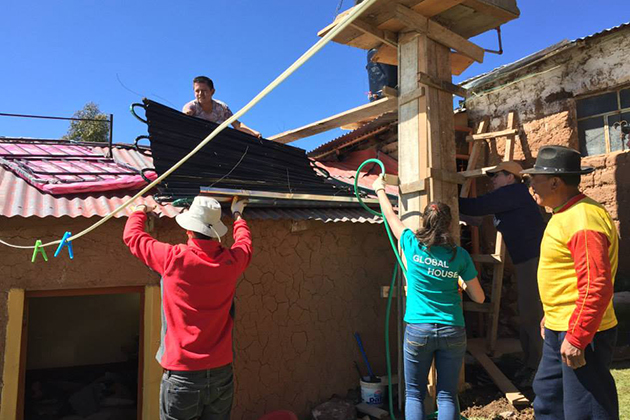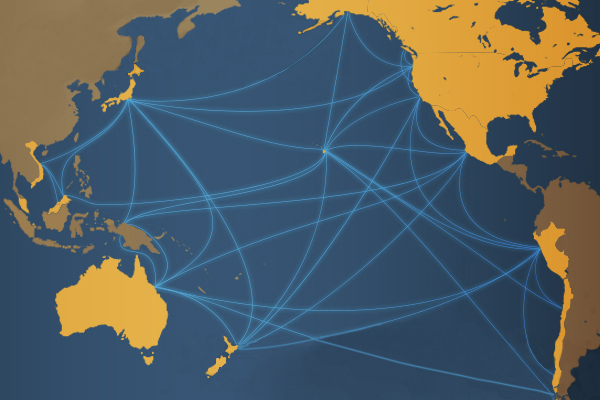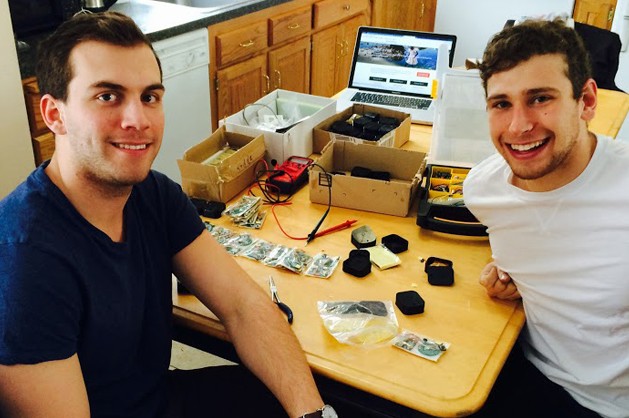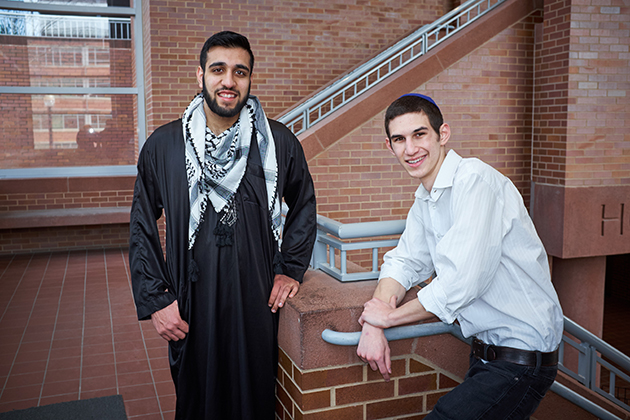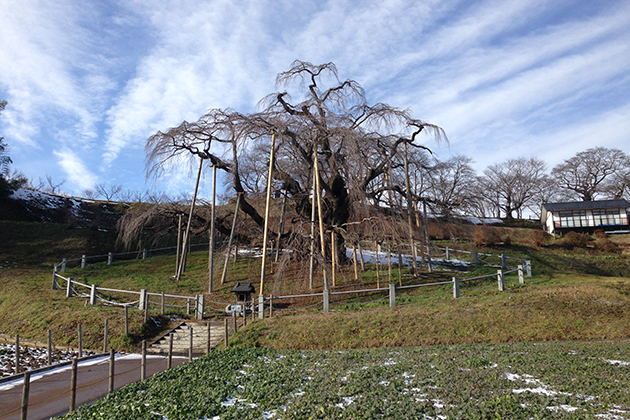Global Affairs
UConn Students Adjusting to New Reality in Paris Following Attacks
Faculty member Roger Célestin offers an update on the UConn group in Paris.
November 17, 2015 | Colin Poitras
UConn Students, Faculty in Paris Reported Safe
All participants in the UConn Education Abroad program in Paris have reported they are safe following the Nov. 13 terrorist attacks.
November 16, 2015 | Kristen Cole
Syrian Refugee Crisis Continues to Capture World’s Attention
The Syrian refugee crisis has far reaching consequences that reach across the European Union and beyond.
November 12, 2015 | David Bauman
Back from the Brink? The Greek Debt Crisis and the Eurozone
As Greek and European leaders agree to negotiate, a UConn economist discusses how the Greek economy got to this point and what an exit from the eurozone could mean.
July 13, 2015 | David Bauman
For the Sake of a Hot Shower
A group of UConn students recently installed solar panels in 10 homes as part of a service project to bring hot water to a Peruvian village.
July 7, 2015 | Combined Reports
The Trans-Pacific Partnership – Why It Matters
A UConn economist discusses the implications of the proposed free trade agreement among 12 Pacific countries.
May 6, 2015 | David Bauman
Students’ Device Helps People Take Meds as Prescribed
Two undergraduates have developed a device that 'parrots' prescription instructions to help people in developing countries take their medications.
April 8, 2015 | Julie Stagis '10 (BUS, CLAS)
Panel Seeks to Promote Dialogue on Middle East Issues
The recent panel on 'The Future of Israeli-Palestinian Relations' is part of broader efforts at the University to enhance understanding of Middle East issues.
March 26, 2015 | Kenneth Best
The Fourth Winter of Fukushima
Four years after the tsunami and nuclear explosion in Japan, history professor Alexis Dudden notes that more people have died from stress-related causes than from the initial disaster in Fukushima.
March 10, 2015 | David Bauman
Violence Against Women: The Scope and Strength of the Law
A UConn human rights researcher discusses his new book on international and domestic laws to protect women against violence.
March 9, 2015 | Christine Buckley



